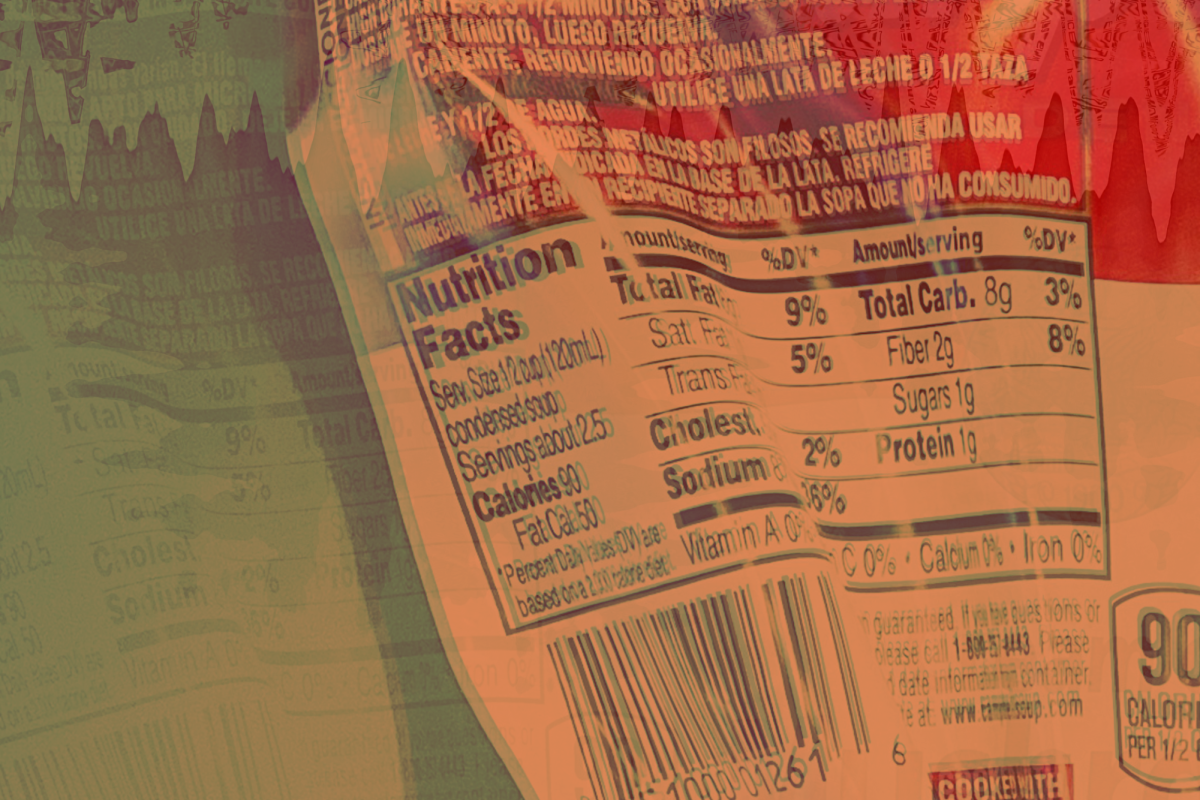One of the 28 campus shuttles now runs on waste vegetable oil.
Jake Green, manager for campus transportation, decided to convert a campus shuttle that previously ran on diesel fuel to an environmentally friendly alternative.
“This is one project that we’re very excited about,” said Alma Allred, Director of Commuter Services. “One of our shuttles now runs on the waste vegetable oil8212;oil from restaurants.”
Biodiesel was already used on campus when Green decided to make the WVO conversion. “This system is slightly different than biodiesel. Our vehicles run on a mixture that has 20 percent biodiesel,” he said.
“There is no processing procedure for vegetable oil, but with biodiesel you have byproducts and we didn’t know what we would do with them.”
The WVO conversion recycles the used vegetable oil from restaurants and eateries on campus, filters the oil and injects it into the engine as a complete substitute for diesel.
The WVO conversions overhaul the fuel tank system of diesel vehicles, because the consistency of diesel fuel is comparable to hot vegetable oil. The engine starts everyday running on diesel oil to heat the WVO.
“Congealed vegetable oil can clog the fuel injection system,” Green said. “It’s important that you don’t flip that switch (to change from diesel to vegetable oil) too soon.” Hydrogenated oils and animal fats also make the oil thicker and harder to heat to the right temperature and consistency.
The shuttle travels 30 miles per day on the route from the Heritage Center to the Union, the same number of miles as the average student’s commute. It uses about five gallons of WVO per day.
Although the level of carbon pumped into the air is about the same, the conversion severely reduces the amount of deadly gases emitted by gasoline and diesel fuel vehicles.
The U does not have any plans to convert another shuttle in the future.
“We have a limited source of vegetable oil on campus,” Green said.
But the U was not the first in Salt Lake to take on this conversion technology.
Etta Crowley, a Salt Lake resident who converted her 1984 Chevy van in 2006, says the conversion for her vehicle cost only $800, two months of research and two weeks of maintenance. “I didn’t have any experience working on cars. I think two months including research and two weeks hands on. It’s totally possible to do it in less than that. I’ve heard it can take a couple of hours, if you have car experience,” she said.
Over the course of the 10,000 miles she has traveled since the conversion, she says the differences in the van before and after the conversion are minimal. “I barely notice a power loss, sometimes when I’m going uphill,” Crowley said.
The U conversion cost $3,100 for a new fuel system and a conversion company based in Logan, Golden Fuel Systems, was hired to help with project.
Although home conversions are cheaper than the U’s project, Green says money is not the point. “We save money, probably not a ton. It’s less about the money saving and more about the environment. Money wasn’t the motivating factor.”










